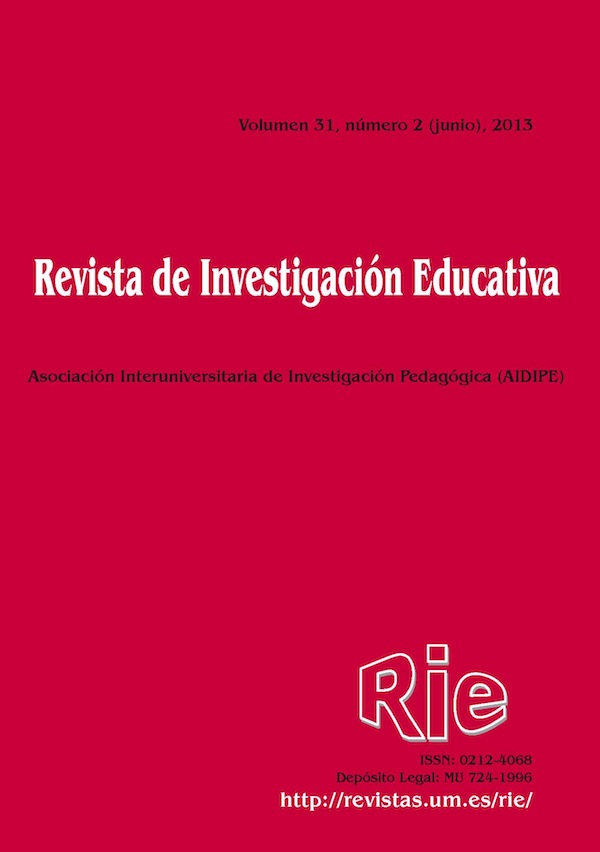Sexism and school features: differences in terms of type of school
Supporting Agencies
- Ministerio de ciencia e innovación (MICCIN)
- Ministerio de Educación (MEC)
- Departamento de Educación
- Universidades e Investigación del Gobierno Vasco
- Universidad del País Vasco
Abstract
The aim of this study was to explore any differences in sexism and perceptions of school in terms of type of institution (state nonreligious, private nonreligious, private religious), and to analyze the relationship between sexism and perceptions of school. We used a descriptive correlational design and administered the Ambivalent Sexism Inventory for Adolescents (de Lemus et al., 2008) and the School Culture Scale (Higgins-D’Alessandro and Sadh, 1997) to a sample of 1,455 secondary school students. The results showed that overall sexism scores were significantly higher in adolescents attending private religious schools. Students attending private nonreligious schools had a more positive perception of school. Significant negative correlations between ambivalent sexism and rule compliance, and positive correlations between ambivalent sexism and student-teacher relationships were found.
Downloads
-
Abstract3171
-
PDF (Español (España))3283
The articles and scientific documents published in RIE abide the following conditions:
1. The Servicio de Publicaciones de la Universidad de Murcia (the publisher) has the property rights (copyright) of all the documents published and allows the reuse under the user’s license indicated in point 2.
2. All documents are published in the digital edition of RIE under a Creative Commons Reconocimiento-NoComercial-SinObraDerivada 4.0 Internacional. (legal document) license. These documents can be copied, used, distributed, communicated and explained publicly if: i) the author(s) and its original source of publishing (magazine, publisher and URL of the document) are cited; ii) it is not used for commercial purpose; iii) the existence and the specifications about this license are mentioned.
3. Auto-archive’s conditions. The authors are allowed and encouraged to digitally distribute the pre-print versions (a version before evaluation) and/or post-print (a version that it is already evaluated and accepted to its publication). This promotes circulation and distribution earlier and can increase the citations and significance within the academic community.










